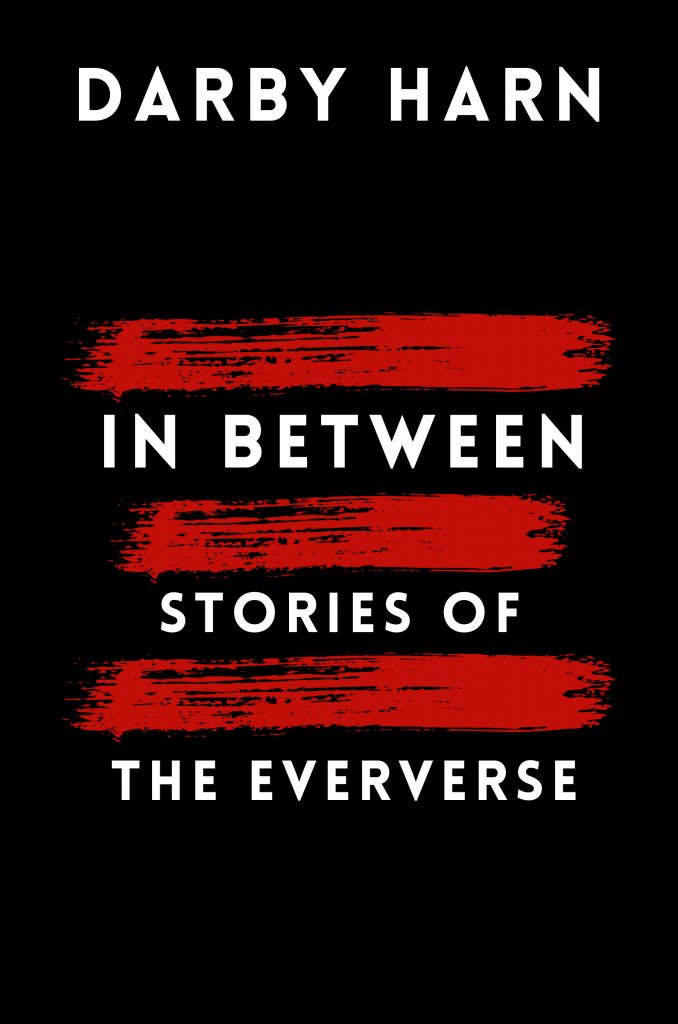
In Between: Stories of the Eververse
by Darby Harn
Genre: Speculative Fiction
Telepathic wolves. Zombie gangsters. Sentient houses. Just another day for Kit Baldwin.
Fifty years after an alien ship crashed in Break Pointe, the only protection in a strange new world is Great Power, a corporation of superhumans. If you can afford them. Most people can’t.
Enter Kit Baldwin, a young woman who helps people to help people. Except her power is the alien’s power, and she may be more of a danger to her city than she is a help.
This collection of stories and novellas follows Kit’s journey in a series that’s been called ‘the next logical step after Watchmen.’
Excerpt:
Starter Home
1. Reality
Someone keeps rewriting reality. Mostly it goes like this: one minute I’m talking to Abi about things we’ll never do, like go to New Zealand or just go to bed at the same time and then she disappears along with the rest of what passes for my life these days.
I write this to make some record. A way back.
2. Honestly, It’s Not That Different
Strange things happen around here.
There isn’t any life for me outside of waiting for the next shoe to drop, so I wasn’t too bothered at first. Now it happens all the time. On and off. In and out. Hours. Days. Minutes. Reality like summer floods. The strange always recedes back to a big, three story house on Severin St. American castle. Picture window.
Picture perfect.
Milk trucks inch down the street, lined with ’67 Chevys. Pig-tailed white girls swish in yards with hula-hoops. Boys play stickball in the middle of the street. Cops patrol the neighborhood, and keep black girls from smudging the frosted scenery in midtown.
The cop points back toward the fringes of downtown. “You took a wrong turn back there.”
I zip open my leather jacket. Crimson light illuminates the shock on the cop’s face. “Tell me about it.”
He takes off running. There’s a reason I know when reality changes. My reality is out of sorts, too. TL/DR: if I touch someone, I acquire their energy. Consciousness. They go into the jar of this glowing alien crystal suspended within my chest. Entire universes reside there. Infinite realities. Plus, I’m half-Irish, so.
The doors are always open.
Author Interview:
1. Tell us a little about how this story first came to be.
In Between: Stories of the Eververse started with the desire to reconnect to my main character, Kit Baldwin. Kit features in all three novels in the series, but is only the POV character in Book 1. By the third book I felt very distant from her and started writing stories and novellas with her back at the fore. That coalesced over a period of time into the book, which collects the stories into an overarching narrative.
2. What, if anything, did you learn when writing the book?
I learned a great deal about myself. I discovered about five years ago that I am autistic. I initially didn’t deal with this very well, and worked out a lot of my feelings in the work. Kit’s autism was present from the first page of the first book, but never acknowledged until this one. I learned so much about who I am during the creation of this book. I learned to appreciate who I am and Kit helped me do that.
3. Do you consider the book to have a lesson or moral?
The stories are in many ways morality plays, but I don’t think of the book as having any kind of message or lesson. Good fiction asks questions. It doesn’t necessarily have answers or even pursues them. These stories struggle with things we struggle with in the real world. Inequality. Gun violence. Grief. None of those things have simple answers or explanations. My hope is the reader comes to the end of the story asking questions. Hopefully that leads them to wondering why things are the way they are in the world.
4. What is your favorite part of the book?
My favorite part of the book is the way it realizes what I’ve been trying to do in my work for a long time. I want to create a world, I want to explore issues, and I want to find a way to discovering something beyond my own considerations through language. I feel like this book more than any other I’ve written so far does that. These stories give me the chance to experiment and explore and most of all broaden the canvas of this sandbox I get to play in. As a kid I always wanted to create a secondary world like the ones I found in movies or comics but never imagined it would be this. It’s a revelation every day.
5. What are your immediate future plans?
The immediate future is bringing Eververse Book 4 to readers. Black Market Heart will come out next year and I’m very excited for people to see it. It’s finishing Book 5, which I’m about halfway through. It’s hopefully finding a home for a space opera novel I’ve written and I’m very proud of. I have ideas for other novels unrelated to the Eververse I’d like to find the time to get to and hopefully this year I’ll be able to.
About the Author:
Darby Harn studied at Trinity College, in Dublin, Ireland, as part of the Irish Writing Program. He is the author of the sci-fi superhero novel EVER THE HERO. His short fiction appears in Strange Horizons, Interzone, Shimmer, The Coffin Bell and other venues.

Website
Buy Link
Amazon Author Page
Goodreads
Twitter
Facebook Author Page
Giveaway:
Darby Harn will be awarding a $25 Amazon or Barnes and Noble GC to a randomly drawn winner via rafflecopter during the tour.
If you’re unable to embed, please use this HTML:

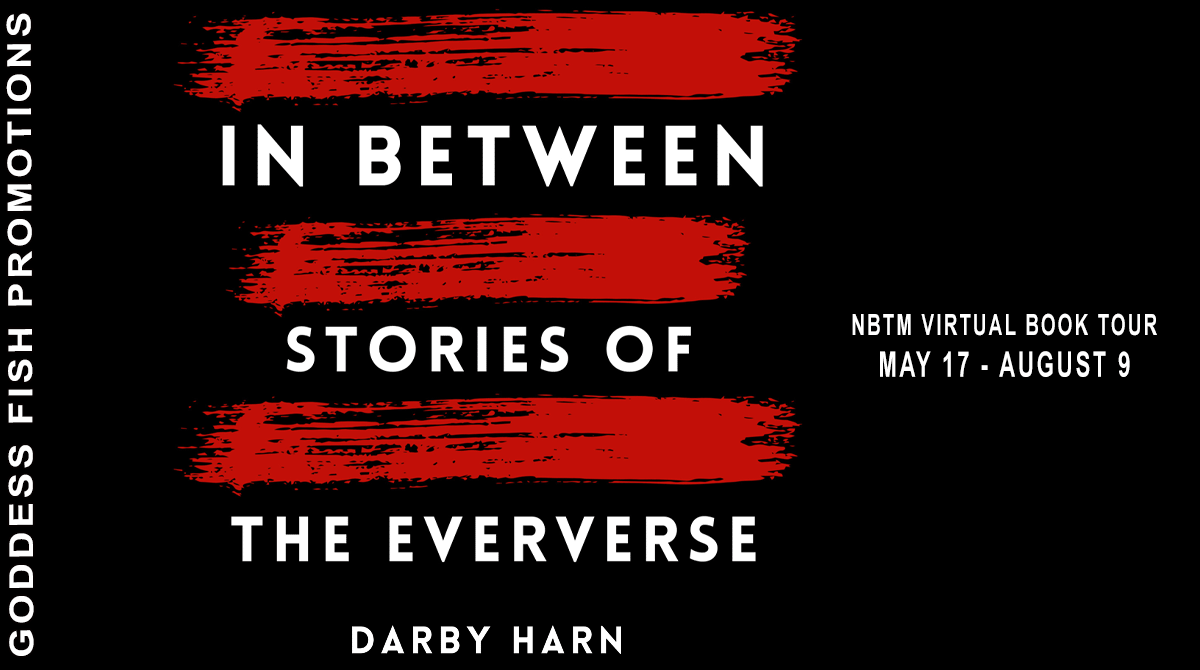
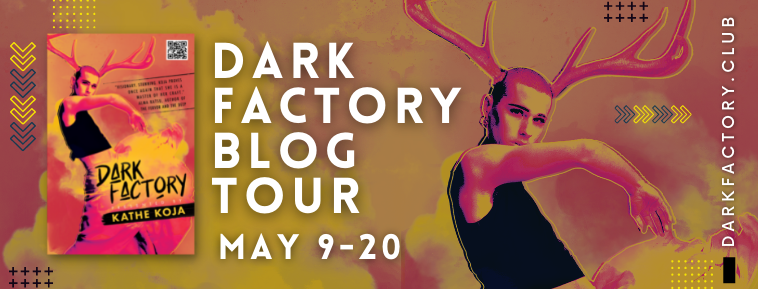
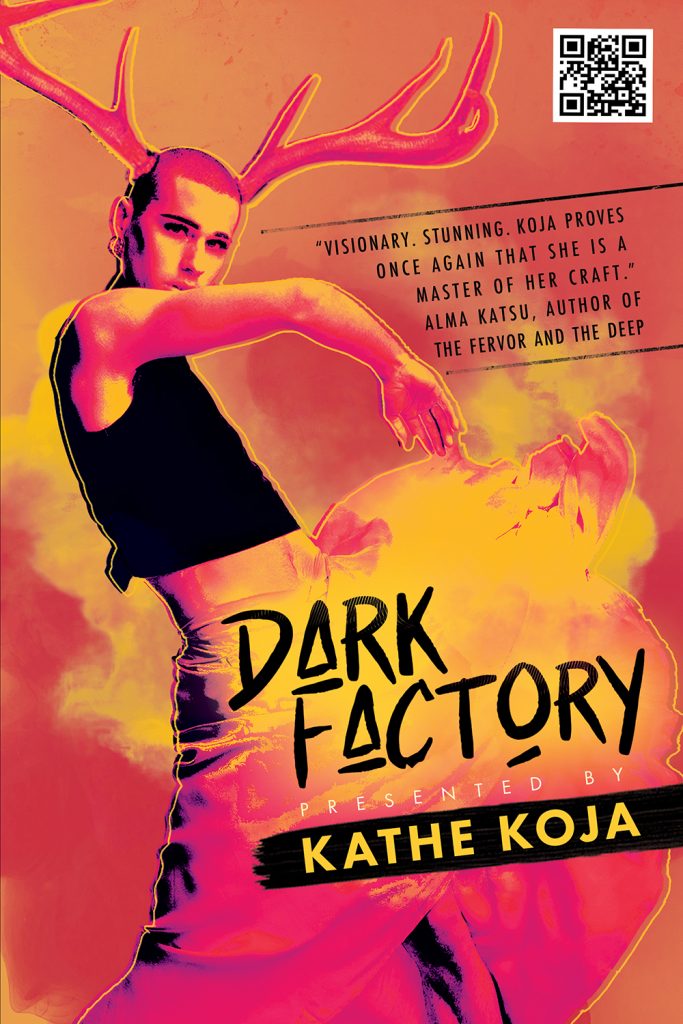

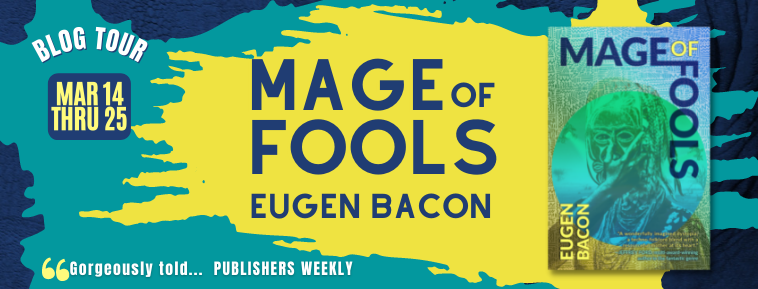
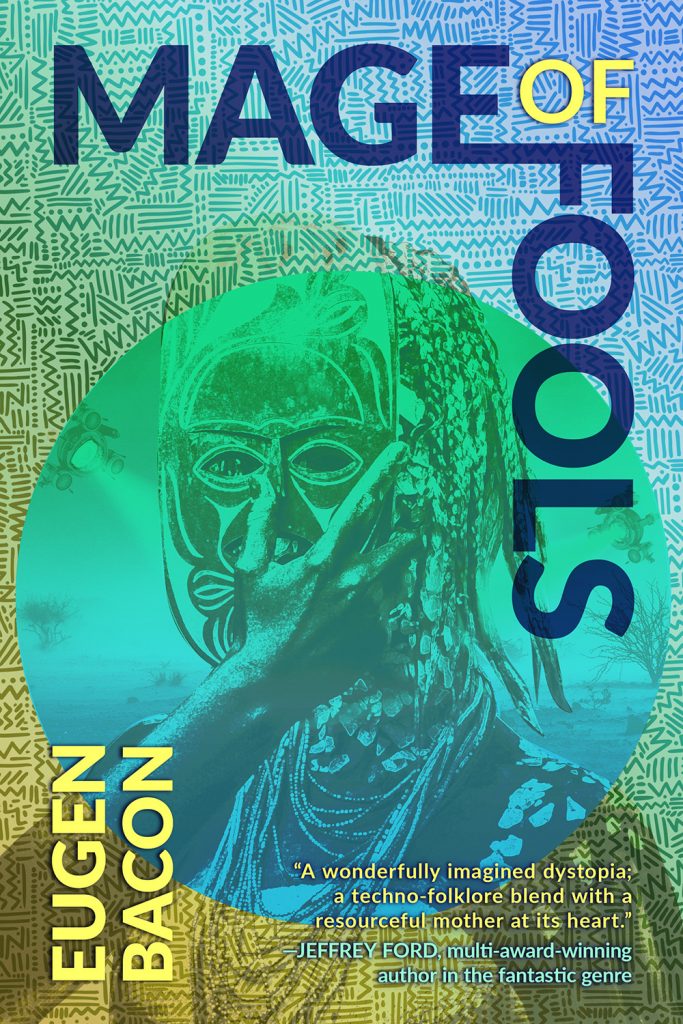
 Eugen Bacon is African Australian, a computer scientist mentally re-engineered into creative writing. She’s the author of Claiming T-Mo by Meerkat Press and Writing Speculative Fiction by Red Globe Press, Macmillan. Eugen’s work has won, been shortlisted, longlisted or commended in national and international awards, including the Bridport Prize, Copyright Agency Prize, Australian Shadows Awards, Ditmar Awards and Nommo Award for Speculative Fiction by Africans.
Eugen Bacon is African Australian, a computer scientist mentally re-engineered into creative writing. She’s the author of Claiming T-Mo by Meerkat Press and Writing Speculative Fiction by Red Globe Press, Macmillan. Eugen’s work has won, been shortlisted, longlisted or commended in national and international awards, including the Bridport Prize, Copyright Agency Prize, Australian Shadows Awards, Ditmar Awards and Nommo Award for Speculative Fiction by Africans.